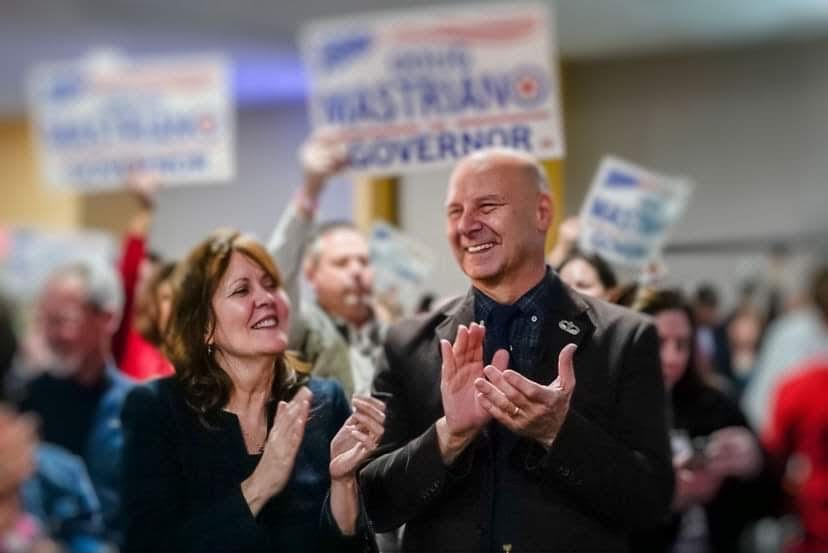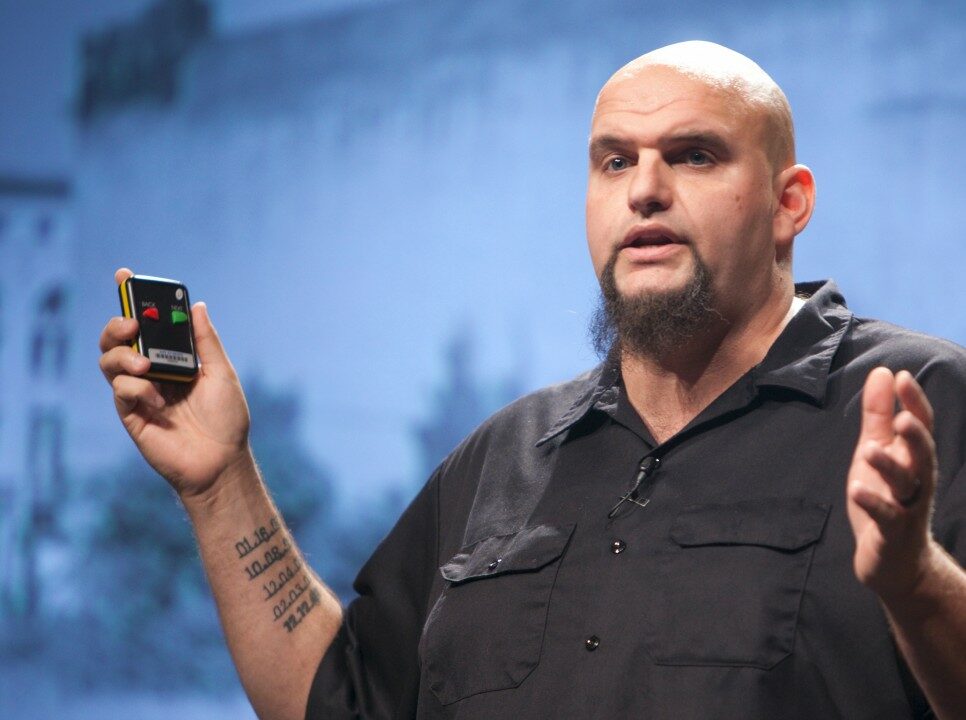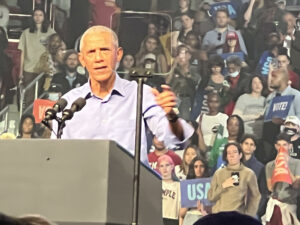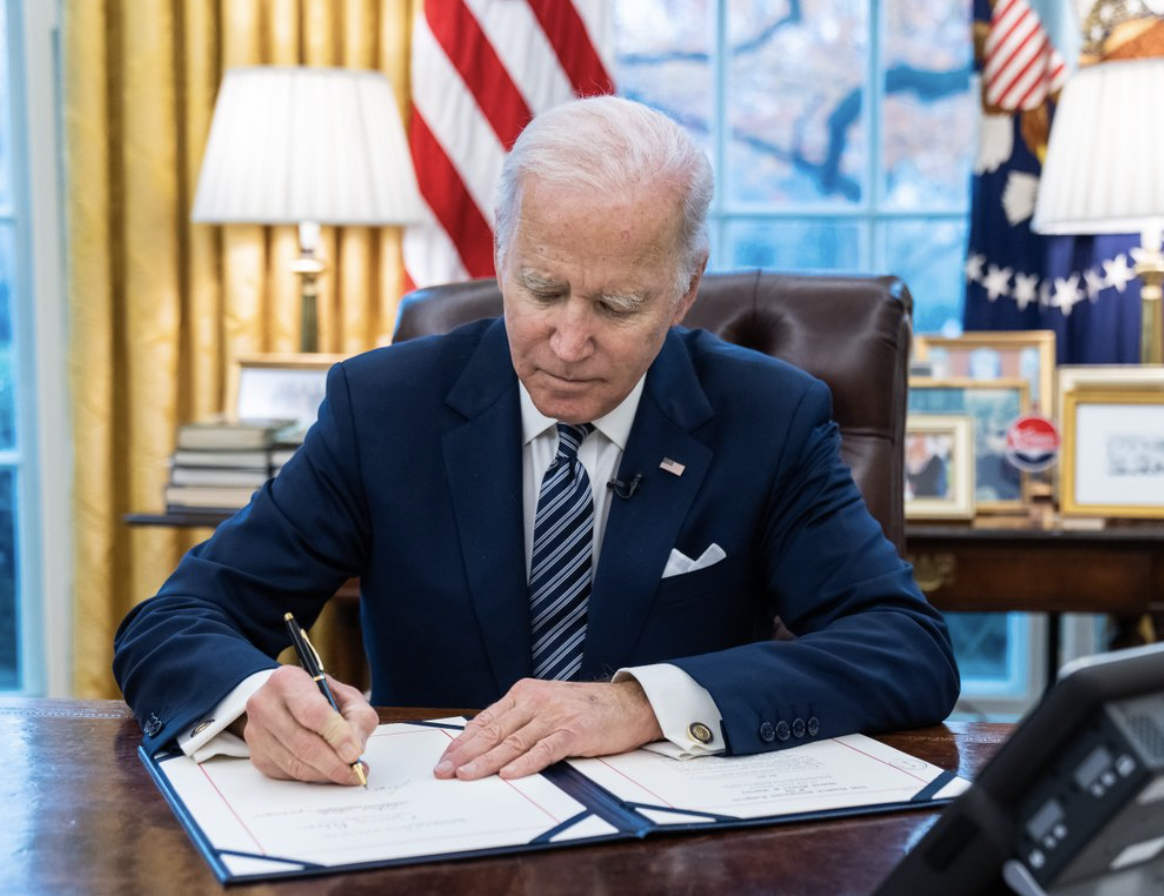
Delaware Valley officials and candidates had mixed reactions to President Joe Biden’s plan to have taxpayers cover $300 billion of outstanding college debt for millions of borrowers. Under the proposal, the Biden administration would pay $10,000 to people earning $125,000 or couples earning $250,000. Borrowers who qualified for Pell Grants from households earning less than $125,000 will get $20,000.
According to the Wharton School of the University of Pennsylvania, new data show Biden’s debt forgiveness plan will cost taxpayers over $300 billion over 10 years, with the majority of relief benefitting the top 60 percent of income earners in the U.S.
And thanks to a provision in the Democrats’ American Rescue Plan last year, that income is tax-free.
Sen. Pat Toomey (R-Pa.) criticized the proposal as a “government handout” to the affluent.
“President Biden’s student loan bailout scheme is a government handout to Americans making up to $250,000 annually and the higher education industrial complex. Taxpayers will foot the bill for this massive expenditure, including the vast majority of Americans who already paid off their loans, paid for tuition out of pocket, or do not even have post-secondary education nor enjoy the higher lifetime earnings associated with it,” Toomey said.
“This decision will have wide-reaching, negative ramifications across America’s economy, including increasing already disastrous inflation, exacerbating America’s spending problems, and encouraging higher education institutions to raise the cost of going to college.”
Sen. Bob Casey (D-Pa.), however, is on board.
“Today, President Biden eased the burden for millions of Americans who are struggling under the weight of their student debt. This will give them the freedom to invest in their future, buy a home, or take a risk and start a business. It’s an important first step forward in helping borrowers saddled with student debt. Moving forward, we must work to lower the skyrocketing cost of college so that future students are able to get an education without signing up for a lifetime of debt.”
Casey noted that college costs have soared since 1980. “The total cost of both four-year public and four-year private college has nearly tripled, even after accounting for inflation.” But he didn’t explain how a taxpayer-funded debt holiday would bring prices down. Most analysts say the infusion of $300 billion in bailouts will likely send college costs higher for future students.
Dr. Mehmet Oz, the Republican candidate running for Toomey’s seat tweeted, “Canceling student loans costs billions and is unfair to those who rightly paid off their debt. Instead of funding solutions like CTE or low-income education programs, Biden is caving to the radical left. Fetterman says he’s for the working class but this hurts them the most.”
Lt. Gov. John Fetterman, the Democratic nominee for the U.S. Senate, did not respond to a request for comment. But he has previously stated his support for across-the-board college debt bailouts.
“If we can spend hundreds of BILLION$ to bail out Wall Street, we can take action to cancel student loan debt,” Fetterman tweeted.
Guy Ciarrocchi, the Republican running for Congress against Rep. Chrissy Houlahan in the 6th District, said, “Biden’s order ‘canceling’ student loan debt is probably illegal; and, it’s definitely horribly unfair. The $300 billion doesn’t go away: it simply transfers from those who freely took it on, to the rest of us. To buy votes and to appease the left-wing of his party, Biden just handed a tax bill to everyone else: those who didn’t go to college; graduated from the ‘school hard knocks’ or got through college by choosing a cheaper school and working hard to pay off their own debt.
“Biden’s appeasement and Houlahan’s 100 percent support are why I’m running to fix this mess,” said Ciarrocchi.
In a statement on Wednesday, Houlahan said she doesn’t support Biden’s approach. “Instead of blanket loan forgiveness, I would like to see lower student loan interest rates, additional Pell grants, and other mechanisms to make college more affordable.”
“I’ve already heard from countless concerned constituents about this proposal, and as our representative, I will continue to voice and act on those concerns down in Washington.”
Houlahan’s colleague Rep. Madeleine Dean (D-Montgomery) did not respond to a request for comment. But she did post a tweet Wednesday night declaring she’s “delighted with the president’s work. As a former professor, I saw how student loan debt was a barrier to students.”
And Dean has previously called on the Biden administration to pay off $50,000 in debts per student, a proposal with a price tag of about $1 trillion.
Her Republican opponent, Christian Nascimento, said the proposal is unfair.
“Biden can state that there is ‘plenty of deficit reduction to pay for this,’ all he wants. But the reality is that this plan shifts the burden of paying debt from the people that agreed to the loans to people that did not, and will further divide the country.
“Why are we forcing this on people that paid off their student loans or never even went to college?” Nascimento asked. “We continue to see this administration and the rubber stamp Congress add to government spending and exacerbate inflation – at the very time when the American people can least afford it.”
Republican David Galluch, a candidate for Congress in the 5th District, said, “Student debt cancellation will cost hundreds of billions of dollars. It will add up to a quarter point to inflation. It won’t address the long-term causes of the runaway cost of tuition. It won’t benefit the 87 percent of American people who have no college debt. Those who stand to gain are those who are already relatively wealthier and better off than the vast majority of Americans.
“If you’re a single mom waiting tables in Southwest Philadelphia, a union laborer at the refinery in Trainer, or anyone else who didn’t go to college struggling to get by, this policy puts you last. President Biden and Rep. Mary Gay Scanlon might not hear you. But I do. I’m fighting to put you first once again.”
The Pennsylvania Senate Republican Campaign Committee released a statement in response to President Biden’s plan.
“The Democrat Party can’t be truly serious about tackling inflation while supporting this regressive loan forgiveness plan,” PA SRCC Communications Director Michael Straw stated. “While middle- and lower-class Pennsylvanians are struggling with soaring costs, high gas prices, and a recession, Joe Biden is exacerbating the problem with these radical policies. Worse yet, Biden is saddling the cost burden of eliminating loans on the two-thirds of Pennsylvanians who didn’t go to college. Joe Biden and the Democrat Party turned their back on the working class long ago, and today’s announcement is just further evidence of that fact.”
Pennsylvania Treasurer Stacy Garrity has also crunched the numbers and referred to the Wharton data.
“By any objective measure, that’s massive government spending. Americans are still facing runaway inflation that’s higher than it’s been in decades – and this kind of spending will help keep inflation high,” said Garrity.
“There are more targeted, effective ways to address student debt, such as providing relief to people working in critical jobs, such as first responders and healthcare workers, if they work in that field for some number of years. Another option would be to provide refinancing at discounted rates.
“Here in Pennsylvania, families can save for post-secondary education – including colleges and trade schools – with the PA 529 College and Career Savings Program. Over the past 18 months, we’ve taken big steps to make the program work better for everyone, including cutting fees and removing the minimum deposit to open an account. PA 529 accounts also have big tax benefits,” Garrity said.
Please follow DVJournal on social media: Twitter@DVJournal or Facebook.com/DelawareValleyJournal


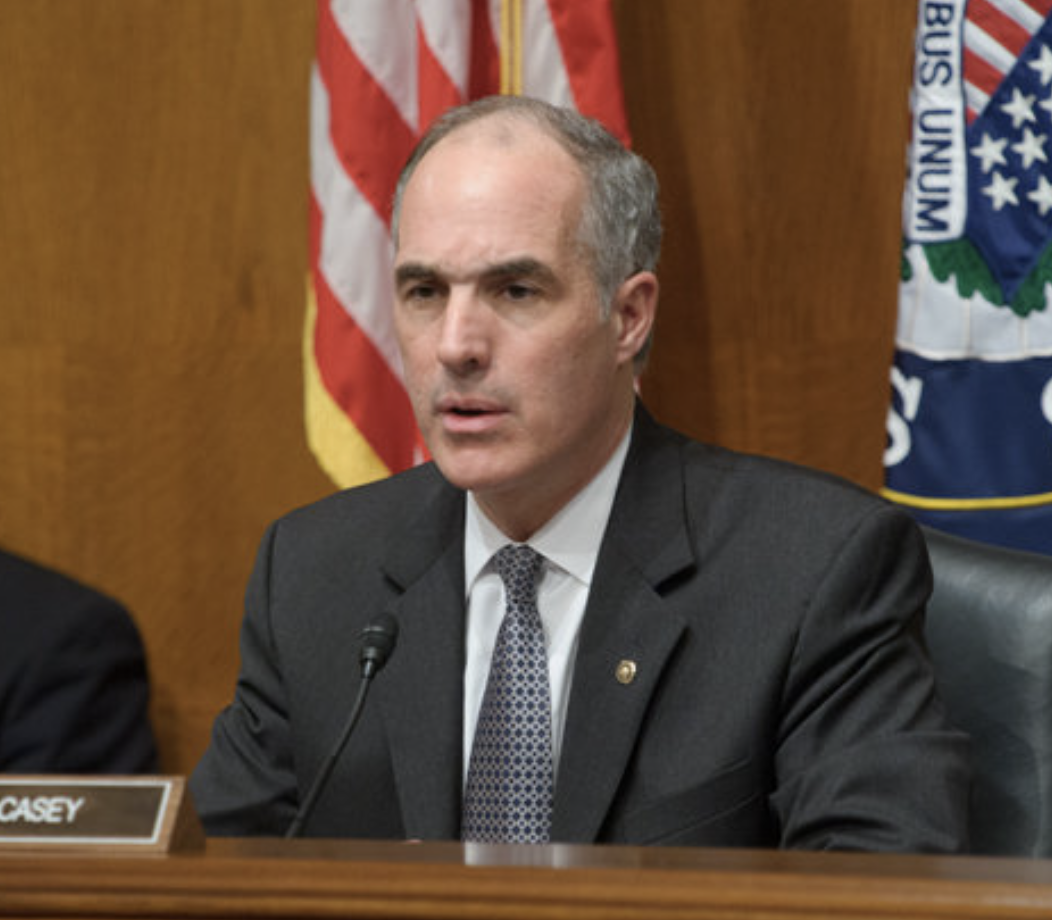
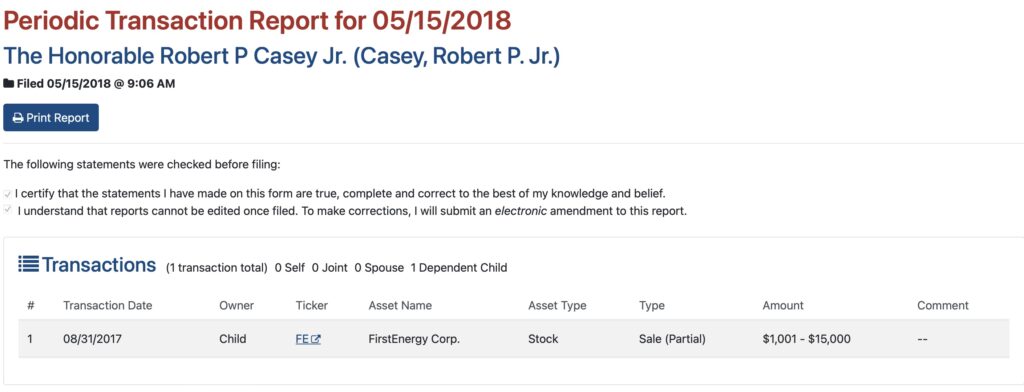 The STOCK Act, signed into law in 2012, updated previous ethics laws, and
The STOCK Act, signed into law in 2012, updated previous ethics laws, and 


